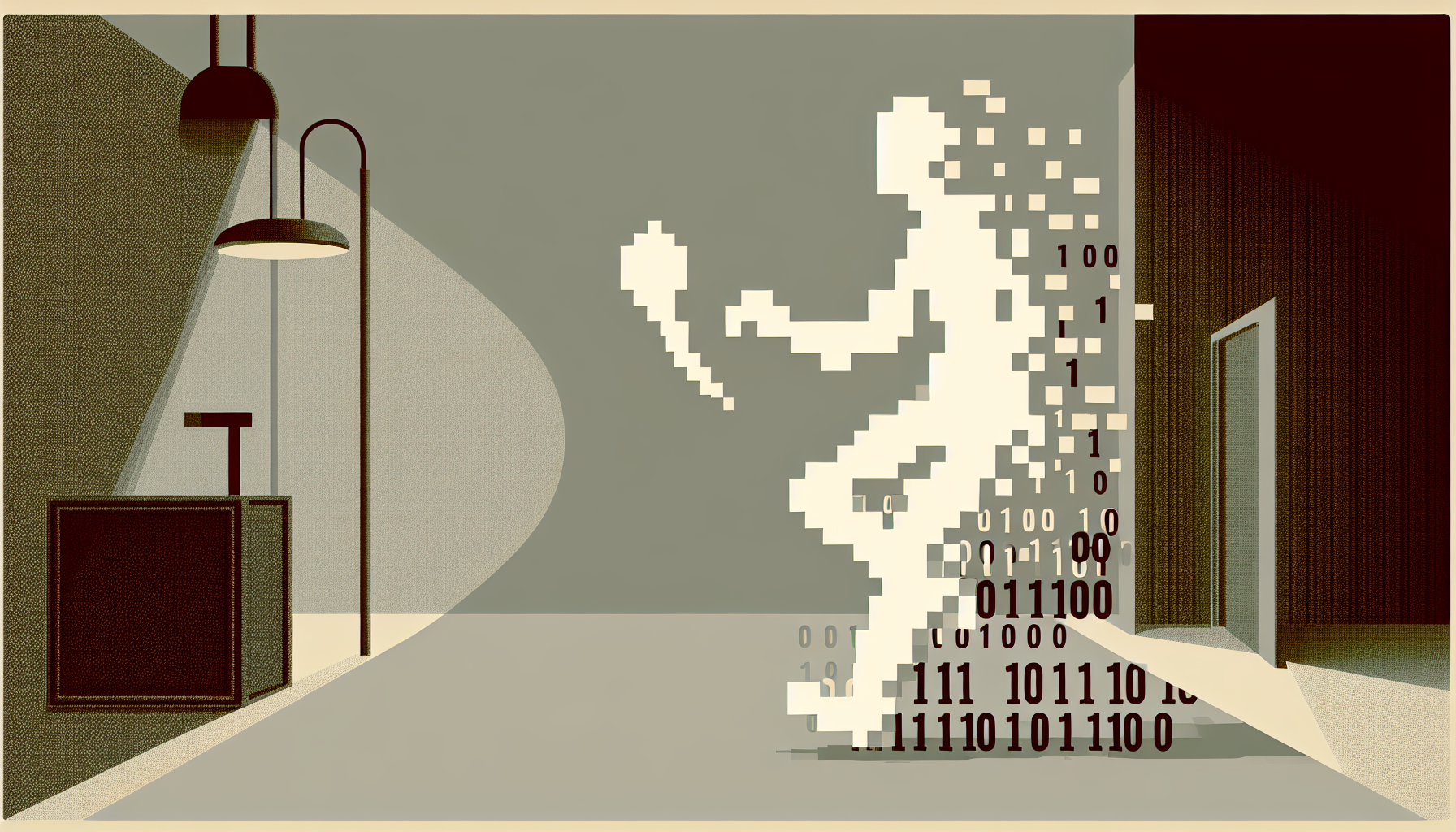Imagine a world where long after your body has turned to dust, your thoughts, memories, and quirky sense of humor have somehow stuck around like an over-stayed guest at a dinner party. Welcome to the realm of digital immortality.
Humanity has always been fascinated with the idea of cheating death. From ancient myths of the fountain of youth to the more contemporary cryonics movement, we’ve never been too thrilled with the notion of an expiration date. Now, with the rapid advancements in artificial intelligence, the question arises: can AI make the dream of digital immortality a reality? Can it preserve our consciousness for eternity?
The Building Blocks of Consciousness
Let’s start by disentangling what we’re really talking about here. Consciousness is a term that’s been tossed around by philosophers and scientists alike. But pinning it down is as tricky as catching a greased pig. Nevertheless, most agree it includes self-awareness, the capacity to experience feelings, and the ability to have thoughts and perceptions.
If you deconstruct consciousness, you’ll find it’s deeply rooted in the neural networks of the brain. Our thoughts, memories, and emotions are all products of complex biochemical processes and neural interactions. To “upload” this intricate web onto a digital platform is a Herculean task. But AI researchers are optimistic—or at least, cautiously enthusiastic.
Stepping Stones: The Current Technology
Although we’re far from recreating a human mind in its entirety, we’ve made notable strides in emulating parts of it. Brain-computer interfaces (BCIs) and neural prosthetics can already translate brain activity into computer commands, helping those with disabilities lead more autonomous lives.
AI algorithms have become adept at learning and mimicking human behavior. From virtual assistants like Siri and Alexa to more advanced systems like Google’s AlphaGo, AI has shown it can replicate aspects of human intelligence—sometimes even beating us at our own games. However, these feats are a far cry from mirroring the complexity, emotional depth, and subjectivity of human consciousness.
One Neural Network to Rule Them All?
To achieve true digital immortality, we’d need to create an AI that’s not only intelligent but conscious. It would have to self-reflect, feel emotions, and perhaps even experience existential dread every now and then. Just what everyone needs: an AI with a mid-life crisis.
Many believe advanced neural networks and deep learning techniques could simulate the mind on a computational level. But there’s a catch. The human brain contains roughly 86 billion neurons with trillions of connections—a biological supercomputer of unfathomable complexity. Even if we had the computing power to replicate this, can a digital model ever fully capture the essence of what it means to be human?
The Mind vs. The Machine
Here’s where we wade into philosophical waters. Can an AI with all your memories, habits, and idiosyncrasies genuinely be “you”? Or is it just a sophisticated mimic? This sparks the classic “Ship of Theseus” debate: if you replace every wooden plank of a ship one by one, is it still the same ship?
Even if an AI could mirror your consciousness perfectly, it wouldn’t alleviate another concern—continuity. Think of it as the difference between cloning and teleportation in sci-fi. A clone may look, act, and think like you, but it’s still a separate entity. Teleportation messes with your atoms at one point to reconstruct you elsewhere, but is it the same “you” or just a perfect copy?
The Ethical Labyrinth
Then, there’s the ethical maze we must navigate. Should we create digital versions of ourselves? What if these entities become capable of suffering, trapped in an eternal existence without consent? Are they entitled to rights? Societal and legal frameworks will have to evolve dramatically to address these concerns.
Moreover, digital immortality could exacerbate existing inequalities. What if only the ultra-rich could afford to “live” forever, while the rest of us are left to grapple with our mortality? Such a development could significantly impact the social fabric, creating unprecedented divides.
Life After Death (In the Cloud)
While the notion of a digitally immortal consciousness is tantalizing, we must temper our expectations. Current AI technologies are only scratching the surface, and there’s still a long way to go. That doesn’t mean the journey isn’t worthwhile. On the contrary, the quest to understand and replicate human consciousness could yield profound insights into what makes us who we are.
A world where digital immortality becomes a reality may be far off, but it’s a fascinating thought experiment. It challenges our understanding of life, identity, and the very nature of existence. Whether we achieve it or not, the journey toward digital immortality will undoubtedly enrich our understanding of the human condition—and perhaps even sprinkle a dash more meaning into our mortal lives.
So, for now, let’s appreciate the fleeting beauty of our current existence, occasional existential dread and all. After all, who knows what adventures—digital or otherwise—the future holds?

Leave a Reply